Clint Eastwood, in the character of Inspector ‘Dirty’ Harry Callaghan, delivered what may well be one of the most underrated lines in film history in the 1973 classic Magnum Force: ‘A man’s got to know his limitations.’
It is sage advice, all too often ignored.
Sporting figures and organisations too often see themselves as political figures who take it upon themselves to meddle in public policy and worse, our private opinions.
Of course, there’s nothing wrong with having an opinion, but the problem with these sportspeople is that by telling us what to think, they forget that we watch them not for their opinions,...
Already a subscriber? Log in
Subscribe for just $2 a week
Try a month of The Spectator Australia absolutely free and without commitment. Not only that but – if you choose to continue – you’ll pay just $2 a week for your first year.
- Unlimited access to spectator.com.au and app
- The weekly edition on the Spectator Australia app
- Spectator podcasts and newsletters
- Full access to spectator.co.uk

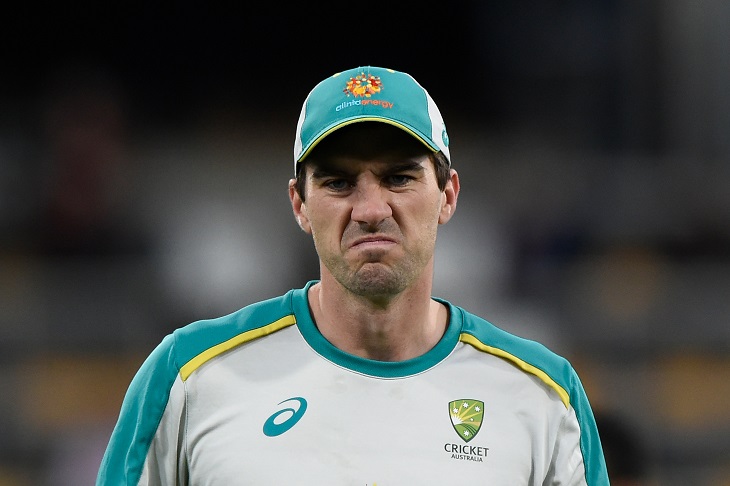
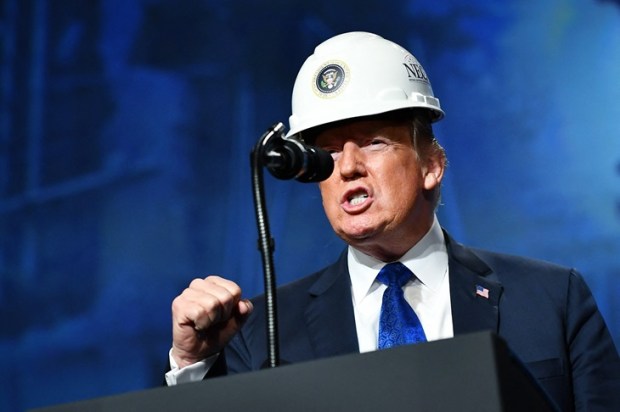

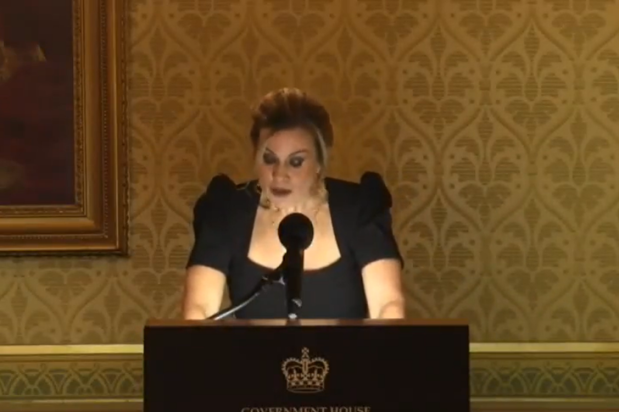

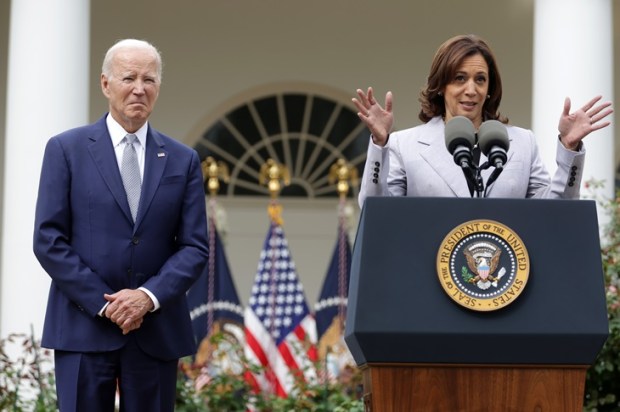
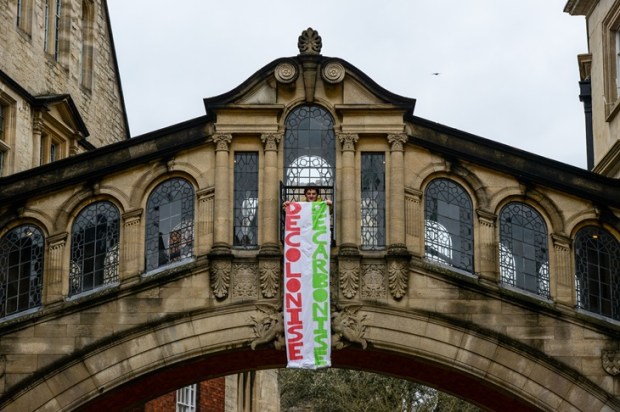


















Comments
Don't miss out
Join the conversation with other Spectator Australia readers. Subscribe to leave a comment.
SUBSCRIBEAlready a subscriber? Log in